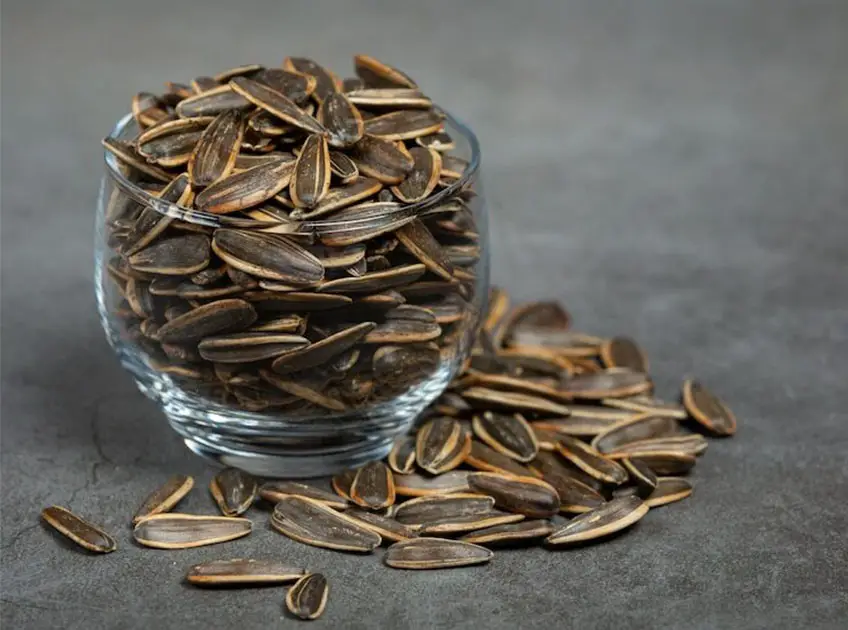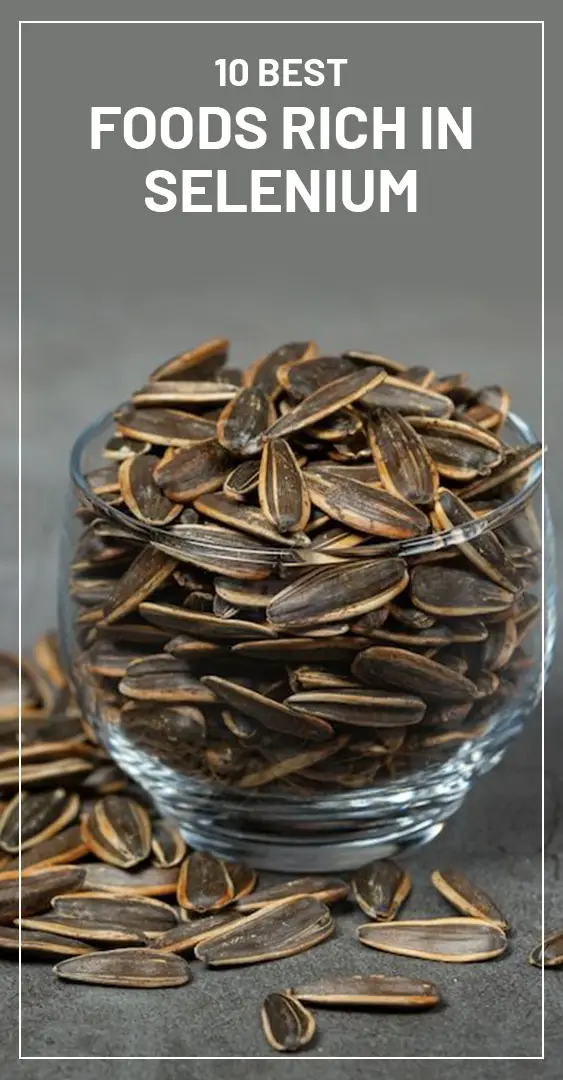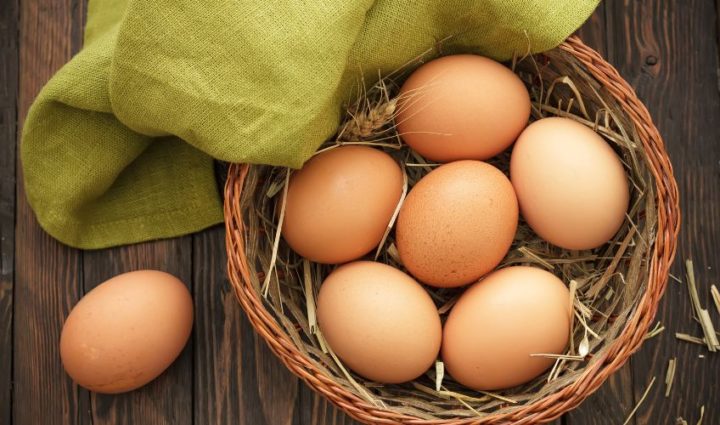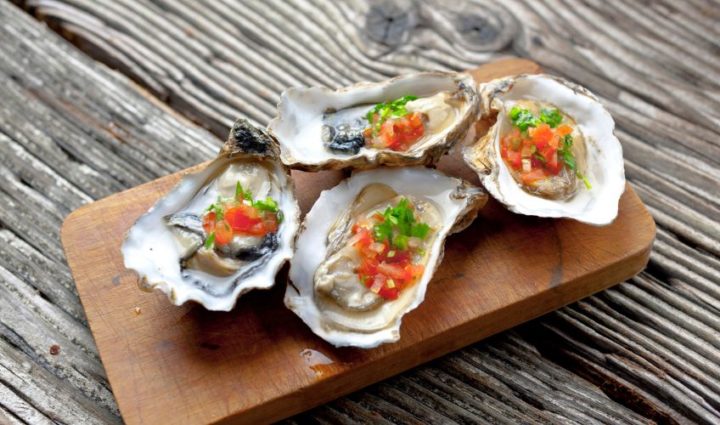
Important: This article is for informational purposes only. Please read our full disclaimer for more details.
Selenium is an essential mineral that plays a crucial role in metabolism and overall health. By consuming foods rich in selenium, you can ensure that your body gets the adequate amount of this important nutrient. Here are 10 Such Foods that you Should Include in Your Diet for Optimal Health:
Article Contains
1. Brazil Nuts
Brazil nuts are loaded with selenium, making them one of the best natural sources of this nutrient. A 1-oz serving of Brazil nuts contains 544 mcg or almost 900 percent of the recommended daily value (DV) for selenium! They also pack plenty of fiber and other nutrients like vitamin E, magnesium and zinc.
2. Tuna
Tuna is another excellent source of selenium. A 3-oz serving of tuna provides 71.5 mcg or 128 percent of the DV for selenium. This oily fish is also a good source of protein and omega-3 fatty acids, which are beneficial for heart health.
3. Eggs
Eggs are a nutrient-dense food and an excellent source of selenium. One large egg contains approximately 22 mcg or 40 percent of the DV for selenium. In addition to selenium, eggs are also rich in vitamins A, D and B12, as well as choline – an important nutrient for brain health.
4. Turke
Turkey is another excellent source of selenium. A 3-oz serving of skinless, roasted turkey breast provides 35.3 mcg or 61 percent of the DV for selenium. Turkey is also a great source of protein and B vitamins like niacin, which helps reduce inflammation and improve cardiovascular health.
5. Oysters
Oysters are an excellent source of selenium, as well as other nutrients like vitamin B12 and zinc. One oyster contains 17 mcg or 30 percent of the DV for selenium. They are also rich in omega-3 fatty acids that promote brain health and help lower blood pressure levels.
6. Shiitake Mushrooms
Shiitake mushrooms are rich in selenium, as well as numerous other nutrients like niacin, vitamin D and iron. A ½-cup serving of shiitake mushrooms contains approximately 51 mcg or 88 percent of the DV for selenium. They are also excellent sources of antioxidants that support overall health and protect against free radical damage.
7. Brown Rice
Brown rice is an excellent source of selenium, with one cup containing 15.6 mcg or 27 percent of the DV for selenium. It’s also loaded with plenty of B vitamins, dietary fiber and manganese, which helps to prevent degenerative conditions like Parkinson’s disease by reducing inflammation and protecting neurons.
8. Chicken
Chicken is a great source of selenium, with one chicken breast providing approximately 26 mcg or 44 percent of the DV for selenium. It’s also an excellent source of protein and other nutrients like phosphorus and vitamin B6. Chicken is a lean protein that can help promote weight loss and muscle growth.
9. Cottage Cheese
Cottage cheese is another excellent source of selenium, with one cup providing 15 mcg or 26 percent of the DV for selenium. It’s also a good source of protein and calcium, which are important for bone health. Cottage cheese can be enjoyed as a snack or used in recipes like dips, spreads and soups.
10. Sunflower Seeds
Sunflower seeds are a good source of selenium, with one ounce providing 7.4 mcg or 13 percent of the DV for selenium. They’re also rich in other nutrients like magnesium, copper and vitamin E. Sunflower seeds make a healthy and delicious snack that can be enjoyed on their own or added to salads, yogurt or cereal.
These are just some of the foods that are rich in selenium. By including these foods in your diet, you can ensure that your body gets the adequate amount of this important nutrient.
Also, check:
- What Is Meant By Source Cream And How It Can Be Used?
- 10 Foods That Are High in Vitamin A
- 10 Healthy Foods That Are High in Phosphorus
- 10 Foods That Boost Your Body’s Keratin Levels
- 10 Foods Are High in Insoluble Fiber
- Top 10 Foods High in Leucine
- 10 Foods High In Vitamin B5
- 10 Healthy Foods for Thyroid Function
- 10 Healthy Foods are Rich in Minerals



















